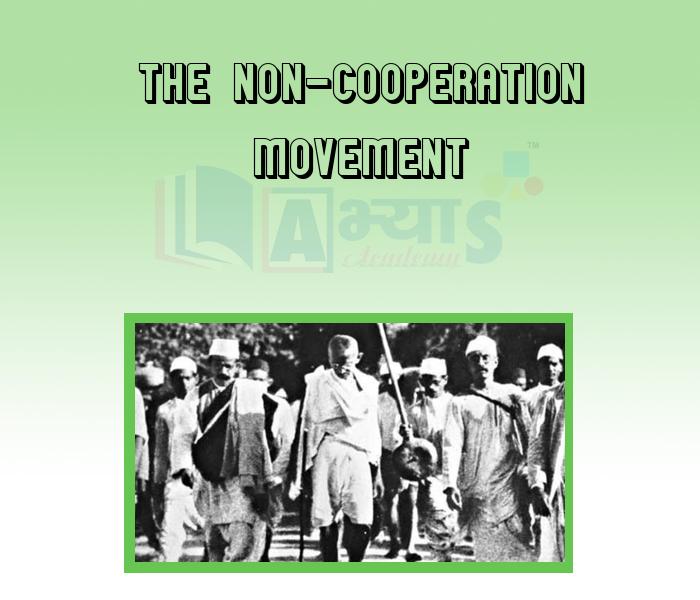The Non-Cooperation Movement











The Non-Cooperation Movement
Non-Cooperation Movement (1920-21)
At the Congress meeting held in ____________________________ on February 12, 1922, it was decided to end the Non-Cooperation Movement and the movement ended. | |||
| Right Option : B | |||
| View Explanation | |||
The Non-Cooperation Movement was duly started by _________________________on August 1, 1920. | |||
| Right Option : C | |||
| View Explanation | |||
Which of the following are correct : (a) A terrible incident took place on 5 February 1922 at a place called Chauri Chaura located in Gorakhpur district of Uttar Pradesh (b) At the Congress meeting held in Bardoli on February 12, 1922, it was decided to end the Non-Cooperation Movement and the movement ended. | |||
| Right Option : C | |||
| View Explanation | |||
Students / Parents Reviews [10]
Being a parent, I saw my daughter improvement in her studies by seeing a good result in all day to day compititive exam TMO, NSO, IEO etc and as well as studies. I have got a fruitful result from my daughter.

Prisha Gupta
8thMy experience with Abhyas academy is very good. I did not think that my every subject coming here will be so strong. The main thing is that the online tests had made me learn here more things.

Hiya Gupta
8thAbhyas is a complete education Institute. Here extreme care is taken by teacher with the help of regular exam. Extra classes also conducted by the institute, if the student is weak.

Om Umang
10thI have spent a wonderful time in Abhyas academy. It has made my reasoning more apt, English more stronger and Maths an interesting subject for me. It has given me a habbit of self studying

Yatharthi Sharma
10thMy experience with Abhyas is very good. I have learnt many things here like vedic maths and reasoning also. Teachers here first take our doubts and then there are assignments to verify our weak points.

Shivam Rana
7thIt was a good experience with Abhyas Academy. I even faced problems in starting but slowly and steadily overcomed. Especially reasoning classes helped me a lot.

Cheshta
10thAbhyas Methodology is very good. It is based on according to student and each child manages accordingly to its properly. Methodology has improved the abilities of students to shine them in future.

Manish Kumar
10thIt has a great methodology. Students here can get analysis to their test quickly.We can learn easily through PPTs and the testing methods are good. We know that where we have to practice

Barkha Arora
10thA marvelous experience with Abhyas. I am glad to share that my ward has achieved more than enough at the Ambala ABHYAS centre. Years have passed on and more and more he has gained. May the centre flourish and develop day by day by the grace of God.

Archit Segal
7thAbout Abhyas metholodology the teachers are very nice and hardworking toward students.The Centre Head Mrs Anu Sethi is also a brilliant teacher.Abhyas has taught me how to overcome problems and has always taken my doubts and suppoeted me.
